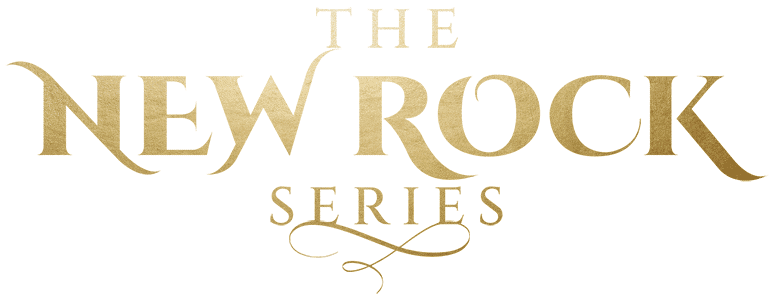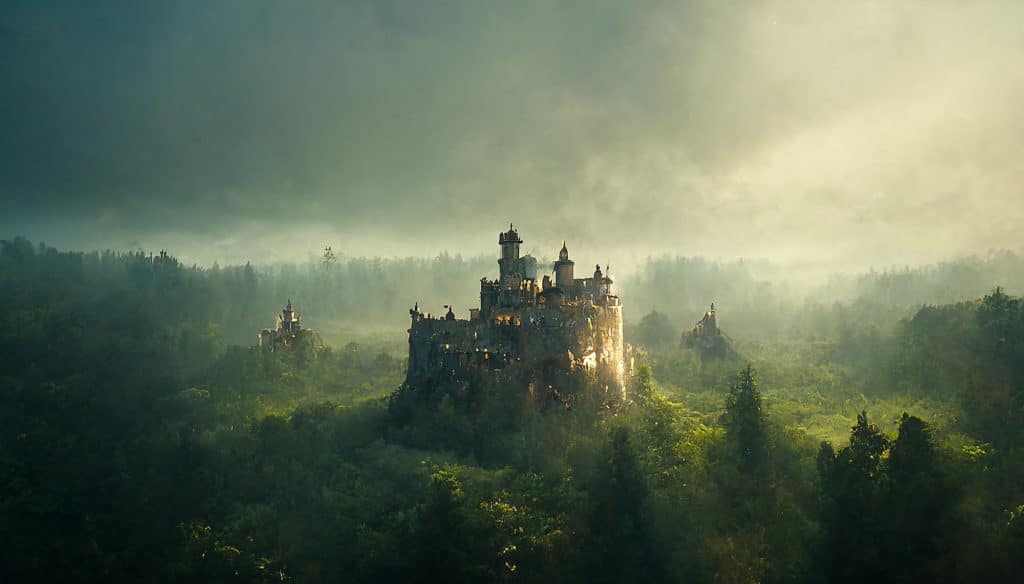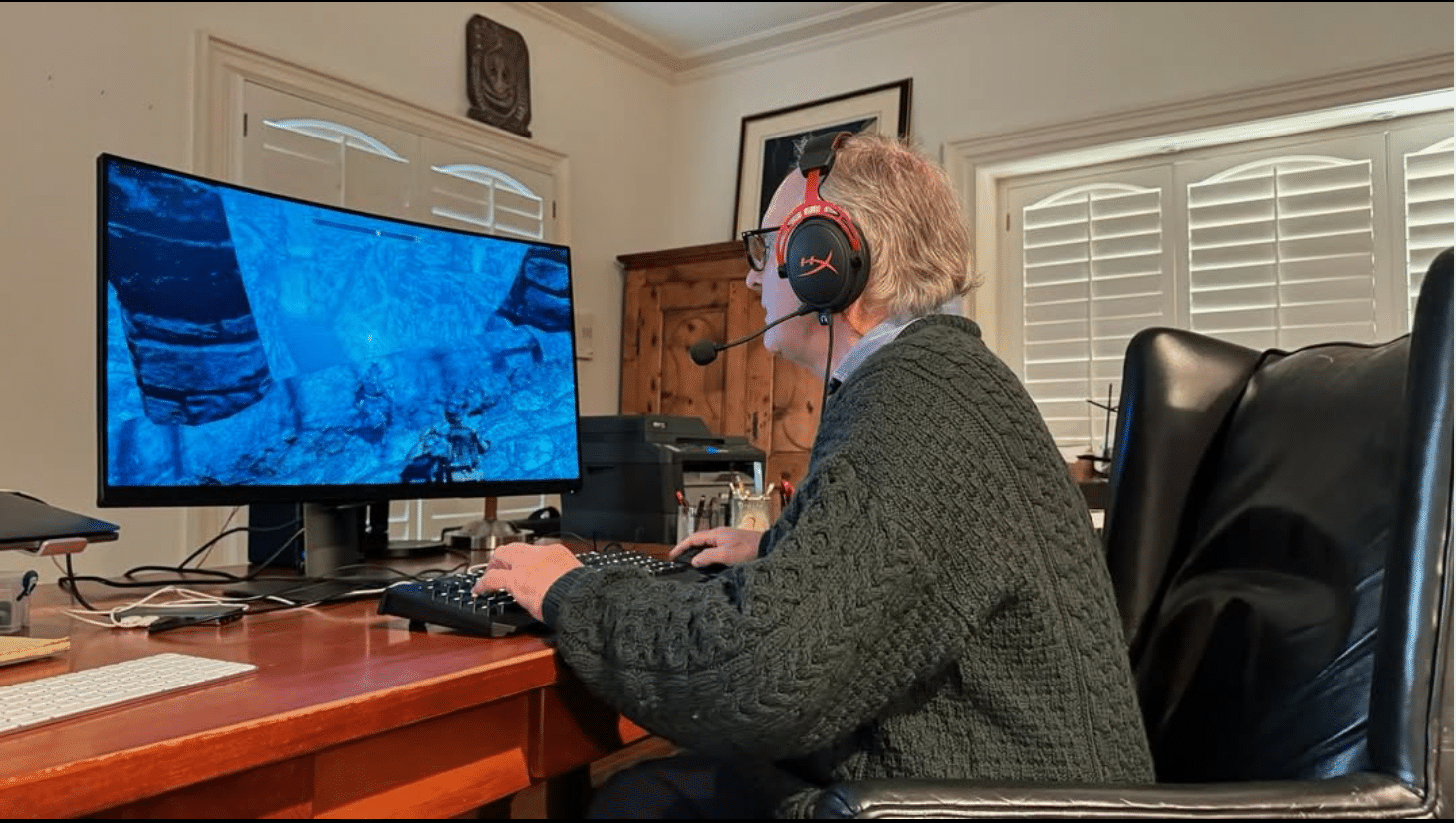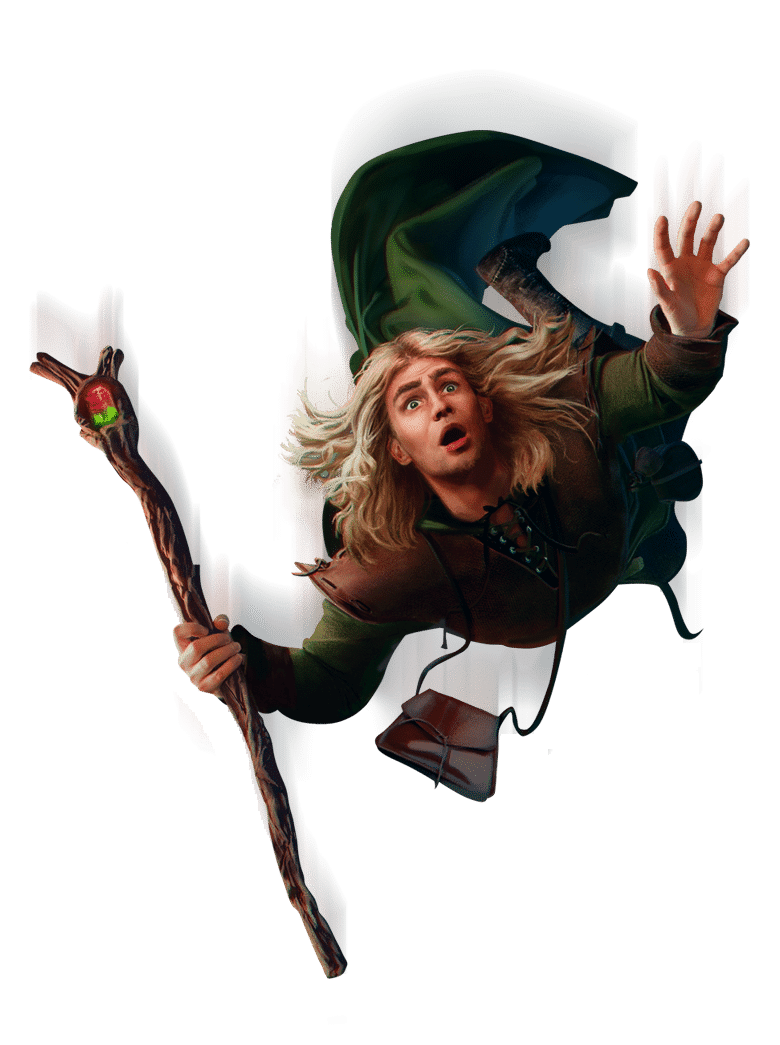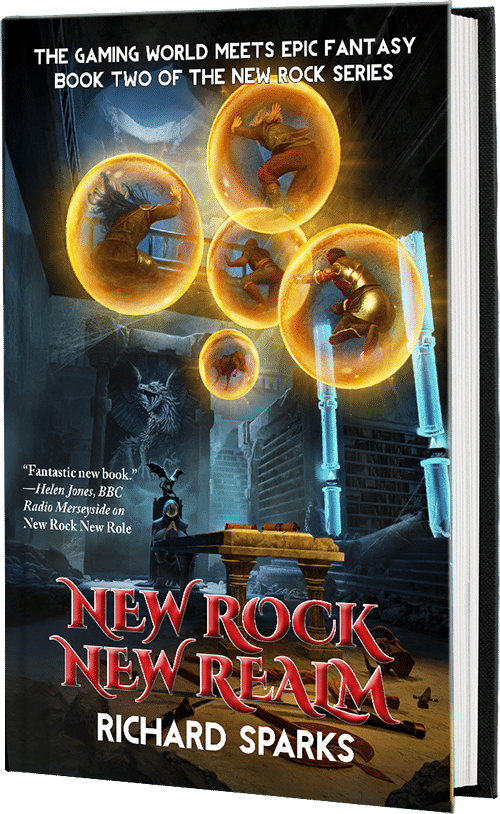I’ve been a writer all my life. I’ve been lucky enough to make a living at it (some years rather less so than others). I’ve worked in many different genres (stage, screen, radio, music, etc.), and enjoyed doing so. But I’d never found the secret door, beyond which lay—well, who knew what? The place where I belonged, as a writer. My own world, to discover, and explore, and build and mine and harvest. And now, at long last, I have. It is boundless, rich with potential, full of characters and creatures, problems and confusions, dangers and delights, wonders and blunders, challenges and more than a little comedy. I have never felt more at home.
I’ve loved being a part of the many creative teams I’ve worked with. We all have our roles in them, and we each contribute our own input to the project—but writing narrative is different.
Where, for example, film is the director’s medium, andstage is the actor’s medium, and opera is the composer’s medium, books are the writer’s alone. Again and again I had tried to work my way into the field. But, in a nutshell, the problem was this:
I knew how to write. I didn’t know what to write.
How to write I’d proved over the years as a scriptwriter and script editor. Dialogue, characters, scenes, narrative flow: I honed my skills as I developed. The hardest thing to learn, for any writer, is story structure. I’ve learned a lot, from many mentors, colleagues, collaborators, writing partners, classes, courses and sources. I wish I’d known, starting out, what I know now—it would have helped!
But: what to write? I read a lot of non-fiction, from biographies to studies in all sorts of fields, and find them greatly rewarding. I’ve written three published non-fiction books. But, to me, fiction is the highest form of the craft of writing. The pinnacle that I wanted to reach. Narratives conjured out of thin air, invented, expanded and explored: that, I felt, was story-telling at its purest—and where I belonged. But, clearly, I didn’t; because all my earlier attempts at fiction writing hadn’t been good enough. My agent was happy to send them out, and we got back some nice “close but no cigar” rejections; but all those roads I set out on led to dead ends.
New Rock New Role is different. I finished the first draft in two months (there were overhauls later, and a lot of work with my editor, whose insights and input have been invaluable). When I finished, I didn’t want to stop. I longed to find out what happened next. I still do, having now written four books in under four years. I’m currently working on a fifth.
My inspiration came from my love of MMORPG’s (Massively Multi-Player Online Role Playing Games). I’d been a hardcore gamer for years, enjoying the incredible worlds to be found there. My preferred genres were sword-and-sorcery, fantasy, and outer space—in other words, story-driven games. FPS (First Person Shooter) titles didn’t work for me. I found them too violent, too tiring, too stressful—too grim. I loved to go exploring and adventuring in the fantasy lands that MMORPG’s open up for us to enter and treat as our own.
Eventually I realised that RPG’s are all the same under the skin. There are only two kinds of quest: go and kill something, or go and fetch something (‘kill or fedex’). So I decided to “write my own game,” where the stories would be full of puzzles and confusions and challenges and adventures—and humour. They are, in other words, “what the eff is the quest?” quests.
The idea for New Rock New Role hit me like a bolt from the blue one summer day. What if, I wondered, a trio of hardcore gamers were to find themselves whisked away from their lives, turned into their own avatars and dumped, separately, lost, equipped with only crappy, low-level gear—who knew where? Who knew why? To do who knew what? I jumped right in and started writing. I couldn’t believe my luck. At last! Yes. This is it!
Since that day I haven’t logged on to any game for a single minute. I’m too busy exploring my own new world, seeing what it holds for me (and my characters), and wondering what the quest is, and where it’s taking us.
And when we’ve completed one, there are always others, waiting to be discovered.
